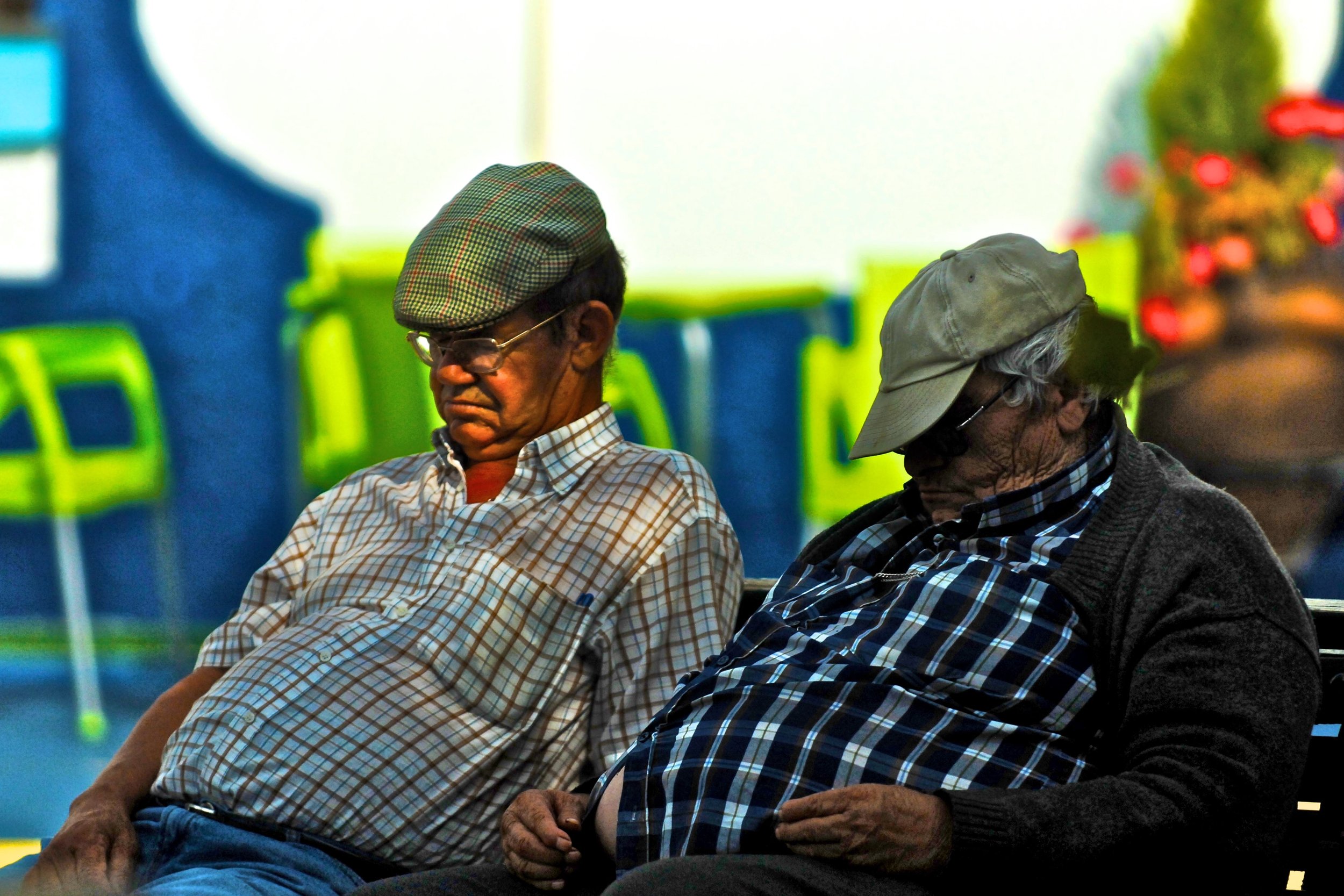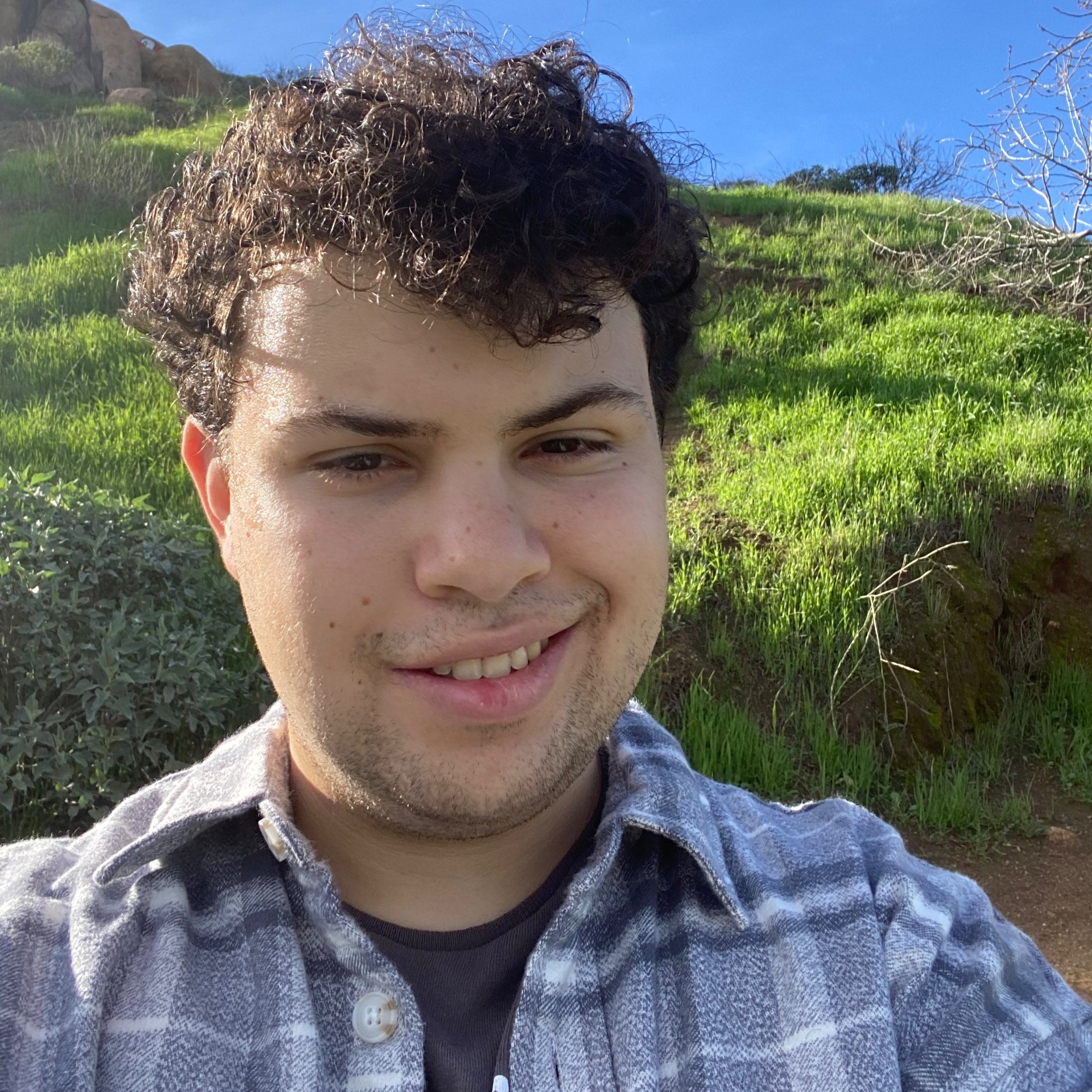Jeremy Giles
How do country and age affect how we sleep?
Ever-present sleeping Japanese travelers, BitBoy, CC BY 2.0.
Every single person in the world, no matter how old or how young, regardless of where they live, needs to spend at least some portion of each day asleep. Not everyone sleeps the same way, however. Where you live, your age, and how you choose to live your life have a huge effect on how you sleep.
In South Korea, it has been estimated that around 100,000 people are addicted to sleeping pills. People in South Korea, along with Japan, get the least amount of sleep in the world, averaging less than 6 and a half hours per night. In Japan, the term “Inemuri” refers to “sleeping on duty,” and refers to when someone falls asleep in the office, or sometimes even on a train or a public bench. While in the US, falling asleep on the job would be considered a sign of laziness, in Japan, Inemuri is a respected practice, where the sleeping individual is seen as having literally “worked themselves to sleep.” In both South Korea and Japan, hard work and strict schedules are commonplace, causing a high-pressure environment where sleep is sacrificed for success.
Bed Arrangement, mikecogh, CC BY-SA 2.0
In the Netherlands, on the other hand, people sleep on average 8 hours and 12 minutes per night, the most in the world. The primary reason for this is that the Dutch eat dinner very early, often around 5:30 or 6pm. This gives the Netherlands the greatest period between their evening meal and their bedtime, greatly improving their quality of sleep. This also allows people in the Netherlands to have an earlier bedtime, something that is important because it's actually when you go to bed, not when you wake up, that serves as the best indicator of sleep habits.
Sleeping Baby, ECohen, CC BY-SA 2.0.
However, while the Netherlands bedtime is very healthy for the average adult, for a child, it would not be nearly enough. The amount of sleep people need decreases as they get older. Newborn babies, for instance, are recommended to get 14-17 hours of sleep a day. After three months, this decreases to 12-16 hours. From the ages of 6-12, it is recommended to get 9-11 hours, and from the ages of 13-18, 8-10 hours of sleep. It is when reaching adulthood that the 8 hours of sleep usually recommended by experts becomes the minimally acceptable amount. This makes age the biggest factor in determining how long one should sleep.
Couple Bed, Living Together, CC0 1.0.
Cultural differences in sleep extend beyond quantity. In Japan, 54% of people sleep alone. In Canada, this statistic drops to 14%. These statistics do not only signify romantic partners. In Vietnam, 83% of parents share their beds with their children. In some cultures, whole families often sleep together. The Ache people in Paraguay, for example, are described by Professor Carol Worthman as sleeping in “big multigenerational heaps.”
Siesta, pedrosimoes7, CC BY 2.0.
When and how often we sleep is another question. In the United States, people practice monophasic sleep, meaning sleeping one time per day, at night. While many Western countries are monophasic, this is not the case everywhere. Most famously, the Spanish “siesta” is an example of biphasic sleep, meaning that practitioners sleep in two blocks, once at night and the other during the afternoon. This is also a tradition in many Mediterranean countries, most notably Egypt. Some individuals even practice polyphasic sleep, where they sleep more than two times per 24-hour day. While no nation is known to practice this kind of sleep, both Leonardo Da Vinci and Thomas Edison are thought to have been polyphasic sleepers.
While sleep differs in many ways beyond those discussed above, this should at least demonstrate that, like other traditions and beliefs, each individual and culture has its own way of sleeping.
Jeremy Giles
Jeremy is a Writing Seminars and International Studies major at Johns Hopkins University. He is an avid writer and the Co-Founder of Writers’ Warehouse, Johns Hopkins’ first creative writing group. He is an advocate for Indigenous rights, and studies how Indigenous philosophies can be used to help prevent climate change. Using his writing, he hopes to bring attention to underrepresented voices in today’s world.






